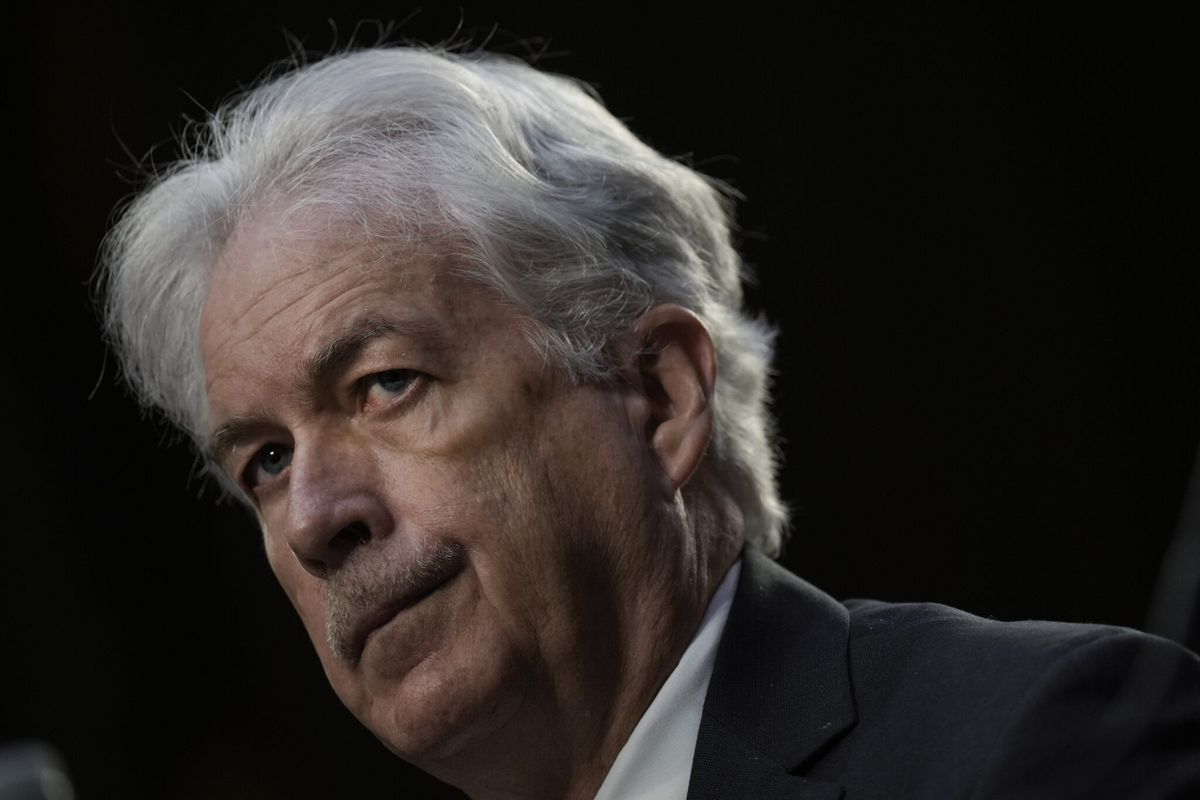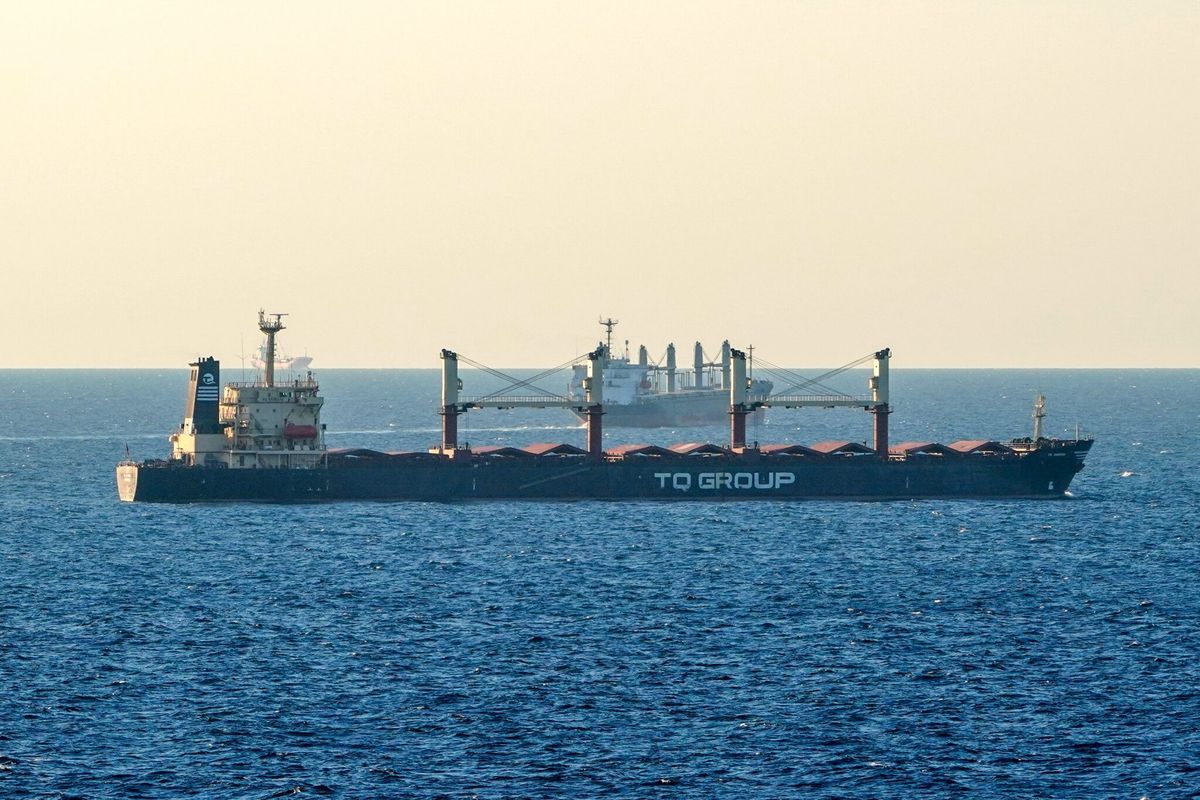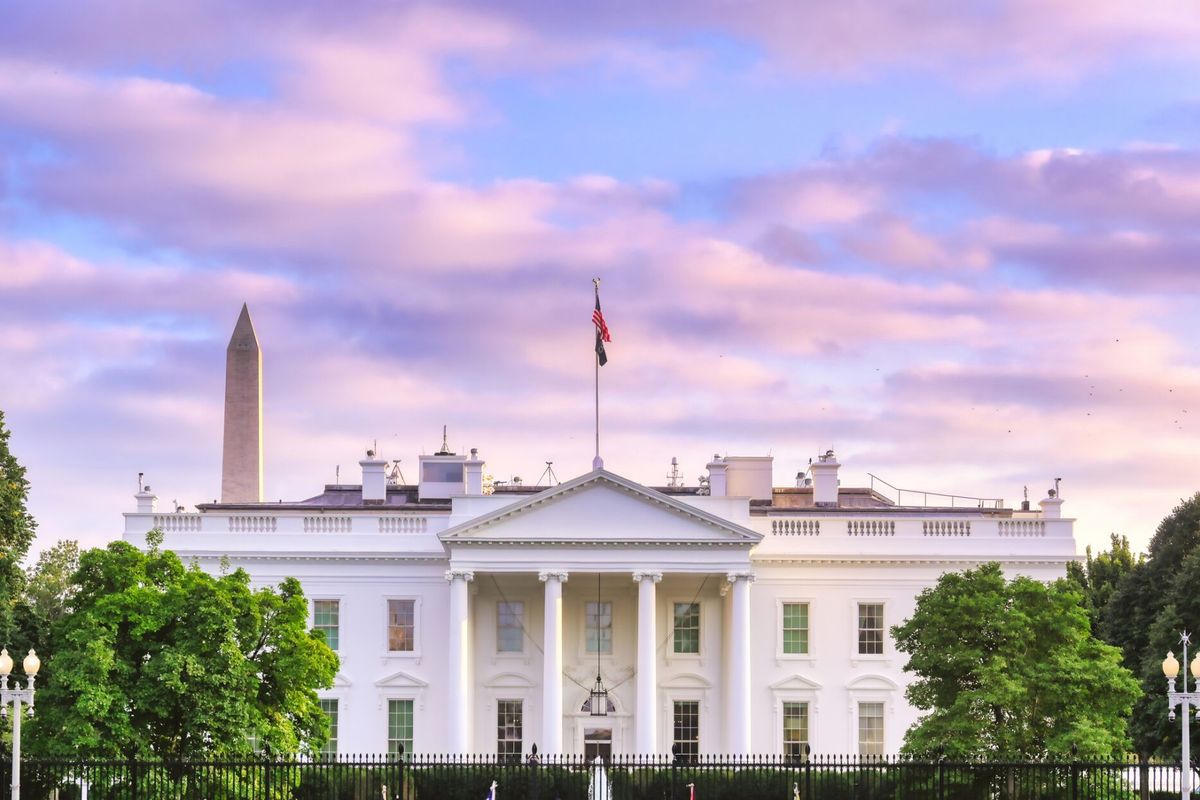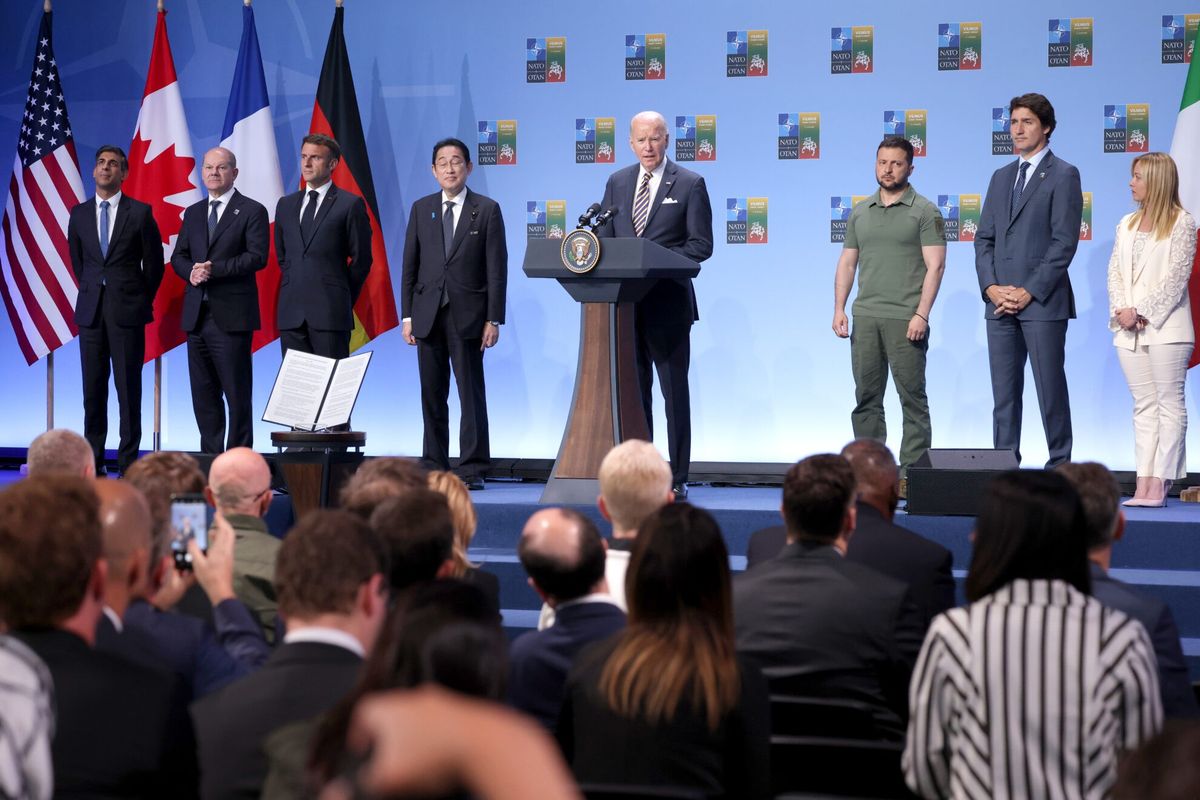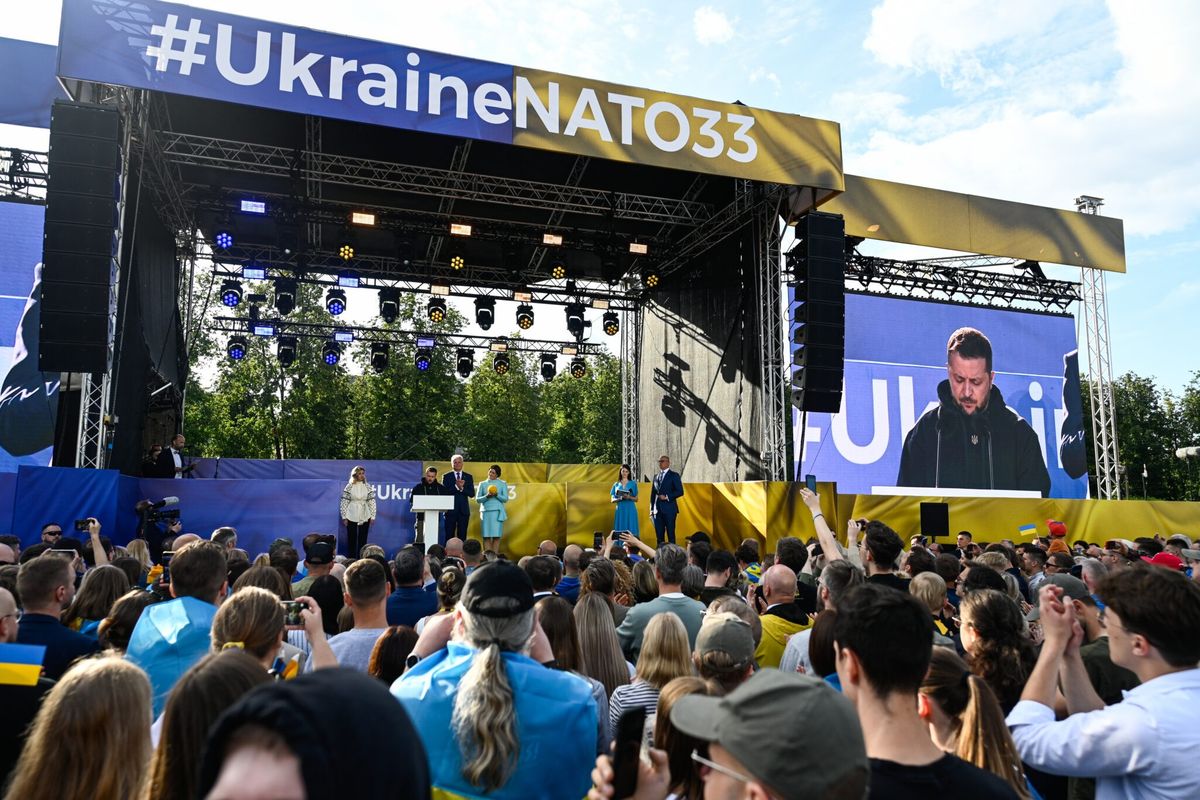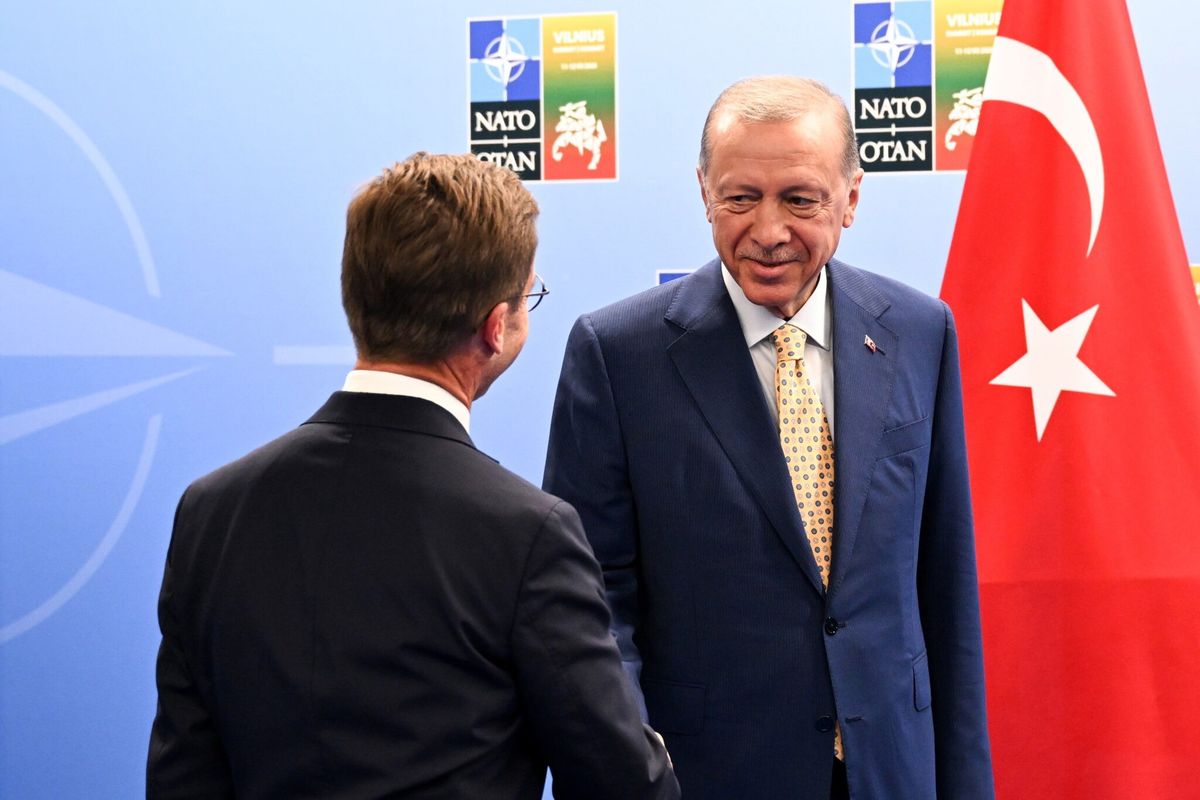CIPHER BRIEF REPORTING — A burgeoning inside-outside strategy against Russia may have seemed a bit more apparent on Thursday as the U.S. Congress welcomed Indian Prime Minister Narendra Modi, who also enjoyed an invitation to only the third state dinner President Joe Biden has offered since taking office.
With the 40th U.S. military aid package set to be delivered inside Ukraine, American and Ukrainian leadership are also busy courting major nonaligned economies, such as India, in the hopes of adding outside pressure to Russia, while simultaneously reducing Chinese influence in the region. A key trading partner with Moscow, which has not joined U.S.-led sanctions, New Delhi is thought to be an economic lifeline for Russia, and an influential pressure-point with the Kremlin.
“If India and China ultimately were to join the Western sanctions coalition against Russia, it would put immediate and severe pressure on [President Vladimir] Putin’s Kremlin,” said Benjamin L. Schmitt, Senior Fellow at the Kleinman Center for Energy Policy at the University of Pennsylvania. Given India's non-aligned posture and historic trade ties, however, that scenario may be somewhat “far-fetched,” Schmitt said, no matter this week's pageantry or red carpet treatment.
Still, speaking to U.S. lawmakers on Thursday, Modi edged closer to it, describing the current global state of affairs as a “crossroads,” and a chance to “deepen the friendship between India and the United States,” while also calling the U.S. “one of our most important defense partners.”
“Today, India and the U.S. are working together,” he said, a possible reference to recent deals on defense and commerce. And yet no-where during Modi's hour-long speech did he address his country’s growing trade relationship with Moscow, almost inevitably a discussion point during this week's trip to Washington.
“If we were to talk about the Global South, and the countries that lend a helping hand to Russia, I would probably put India close to the top of the list,” noted Agathe Demarais, Global Forecasting Director of the Economist Intelligence Unit, and former senior policy adviser for the French Treasury in Russia.
“India has essentially replaced Europe,” she said.
Russian oil exports and transit from the Black Sea port of Novorossiisk, for example, which once serviced European markets, is increasingly oriented toward India, Demarais added.
With the onset of the war in Ukraine, New Delhi has looked to Russia for bargain deals on arms and crude. And the world's third-largest energy-consuming country has quickly made Moscow among its top oil suppliers, accounting for nearly one-fifth of New Delhi’s annual crude imports.
In fact, between 2021 and 2022, Indian imports of Russian oil swelled nearly ten-fold, according to data from India’s Bank of Baroda. For Moscow's part, India and China alone account for roughly 90 percent of its seaborne oil exports, with Moscow and New Delhi exploring a deepening of relations amidst talks of a potential free trade deal.
Want to know what the top minds in cyber are most worried about right now? Save yourself a seat at The Cyber Initiatives Group virtual Summer Summit on Wednesday, June 28th.
Meanwhile, as U.S. leadership courts Modi, Ukrainian President Volodymyr Zelensky has engaged in a diplomatic world tour of his own, in a bid to shore up support and further isolate Russia.
Before meeting with African leaders in Kyiv last week, Zelensky traveled to Italy, the Vatican, Germany, France, Britain, while also attending the Arab League Summit in Jeddah, Saudi Arabia, and the Group of Seven nations summit in Hiroshima. There, in Japan, G7 leaders adopted a series of measures intended to degrade Moscow’s ability to bypass sanctions through third-party deals with countries in the Global South — a term generally applied to countries throughout Latin America, Africa, Oceania, and Asia.
But it is precisely Russia’s trade with non-aligned nations — which includes India, and is thought to involve billions in energy, arms, and commodities exports, as well as various infrastructure projects — that has preoccupied security analysts recently. That trade, experts say, coupled with a majorly reduced G7 economic footprint globally (the group accounts for an estimated 30% of the world's total economic activity, down from nearly 50% a half-century ago) is thought to elevate the importance of the Global South, especially when it comes to western sanctions.
“The West does need buy-in from the Global South to really achieve cutting off Putin from the resources and financing that he needs to fund the war,” added Kimberly Donovan, Director of the Economic Statecraft Initiative at the Atlantic Council and a former Treasury Department official.
Earlier, during that G7 summit in Japan, Zelensky held bilateral talks with Modi, who at the time expressed his support for dialogue and diplomacy toward peace. On Thursday, the Indian leader reiterated that call.
“We all must do what we can to stop the bloodshed and human suffering,” he told U.S. lawmakers, as he looks ahead to August, where global attention is expected to shift to a meeting of the BRICS nations of Brazil, Russia, India, China, and South Africa at the 15th annual summit in Johannesburg; a group that President Putin has relied upon for economic and diplomatic support.
It is not clear, however, whether Putin himself will travel to South Africa after the International Criminal Court (ICC) issued a warrant for his arrest over alleged war crimes in Ukraine. In a statement, the court said the warrant hinged on the Russian leader's suspected role in the unlawful deportation of children from occupied areas of Ukraine to Russia.
Journalist Anastasiia Carrier contributed to this report.
Read more expert-driven national security news, insights, analysis and perspective in The Cipher Brief because national security is everyone’s business





